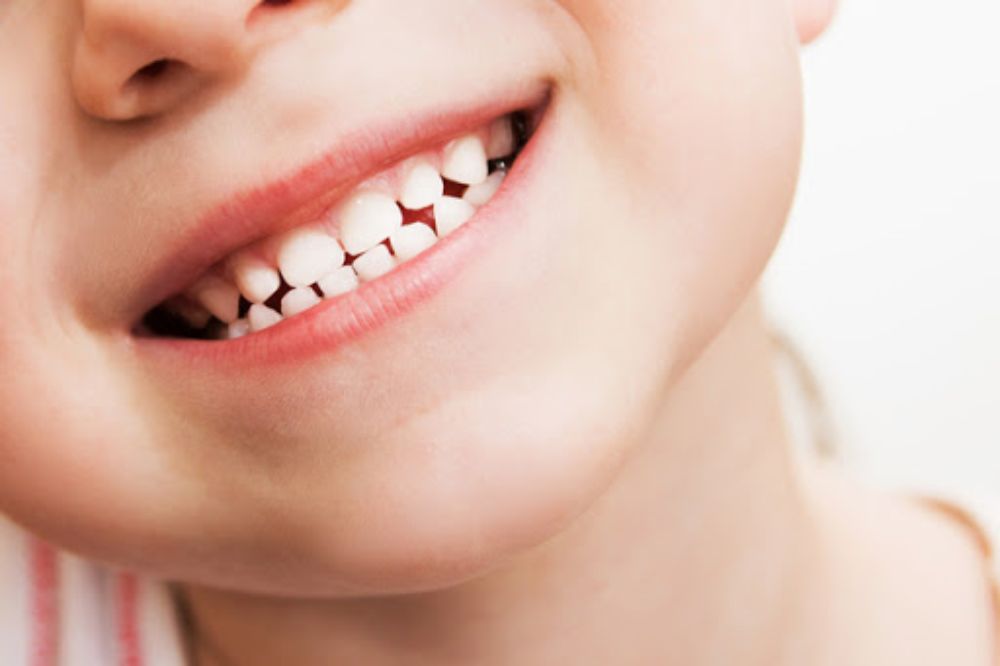It begins much earlier than most parents ever think. Infant and toddler baby teeth are the casualties of early childhood tooth decay, and they usually are infected even before the child enters school. Most likely, it happens when a child has become habitually exposed to sweet foods or beverages, particularly if good oral hygiene practices of keeping one’s mouth clean and in good oral hygiene have not yet begun. A routine dental checkup in NW Calgary is essential in detecting early signs of tooth decay and preventing future serious dental complications.
Although the baby teeth are temporary, they play very important roles. They permit suitable chewing of food in children, suitable speech, and jaw space maintenance for the permanent teeth. If not treated, tooth decay in very young children is painful, infects, and leads to future oral complications.
What Triggers Early Childhood Tooth Decay?
Knowing what triggers early childhood tooth decay can prevent parents and caretakers from letting it get out of control. Some of the most common causes are:
- Regular exposure to sweetened liquids, such as milk, formula, or juice, particularly if in a bottle taken at naptime or bedtime
- Failing to brush a child’s teeth regularly, allowing plaque to accumulate and dissolve enamel
- Bad habits, like snacking throughout the day on sticky or sweet foods
- Using a parent’s or caregiver’s utensils, which can spread cavity-causing bacteria
- Insufficient fluoride, which helps to harden tooth enamel and ward off cavities
All these problems together could result in the formation of noticeable brown spots, sensitivity, or pain particularly in the upper front teeth.
Why Early Detection Is Important?
Many parents assume that because baby teeth fall out, decay isn’t a big deal. However, untreated decay can lead to pain, difficulty eating, infections, and damage to the developing adult teeth beneath. That’s why it’s important to visit a trusted dental clinic in NW Calgary as soon as the first tooth erupts or no later than your child’s first birthday.
A dental checkups near you will assess your child’s risk factors and provide guidance on preventive care, fluoride use, and healthy eating habits to support oral health from day one.
How to Prevent Tooth Decay in Young Children?
Good oral hygiene habits should start early and be maintained consistently. Here are several ways parents can help prevent early childhood tooth decay:
- Clean your child’s gums daily before teeth come in using a clean, damp cloth.
- Brush baby teeth twice daily with a soft-bristled brush and a tiny smear of fluoride toothpaste.
- Avoid giving your child a bottle at bedtime unless it contains only water.
- Limit sugary snacks and drinks, and encourage water between meals.
- Never dip pacifiers in sweet substances like honey or syrup.
- Schedule regular dental visits for checkups and cleanings.
If you’re looking for support and guidance, a dentist in NW Calgary can help you and your child build a strong foundation for long-term oral health.
Recognize Signs of Tooth Decay
Tooth decay can be subtle at first, so it’s important to stay vigilant. Some signs to look out for include:
- White spots on the teeth near the gum line (early signs of enamel breakdown)
- Brown or black staining
- Pain or sensitivity when eating
- Swelling or redness around the gums
- Bad breath in very young children
If you notice any of these signs, it’s time to book an appointment with a dentist near you who has experience working with young patients and can provide tailored care.
We Are Building Healthy Habits Begins With One Visit!
Making dental care a fun and consistent part of your child’s routine can go a long way. Try brushing together, using colorful toothbrushes, or reading books about the tooth fairy to make oral hygiene enjoyable. A routine of dental checkups near you every six months will help your child stay cavity-free and develop a positive relationship with dental care.

